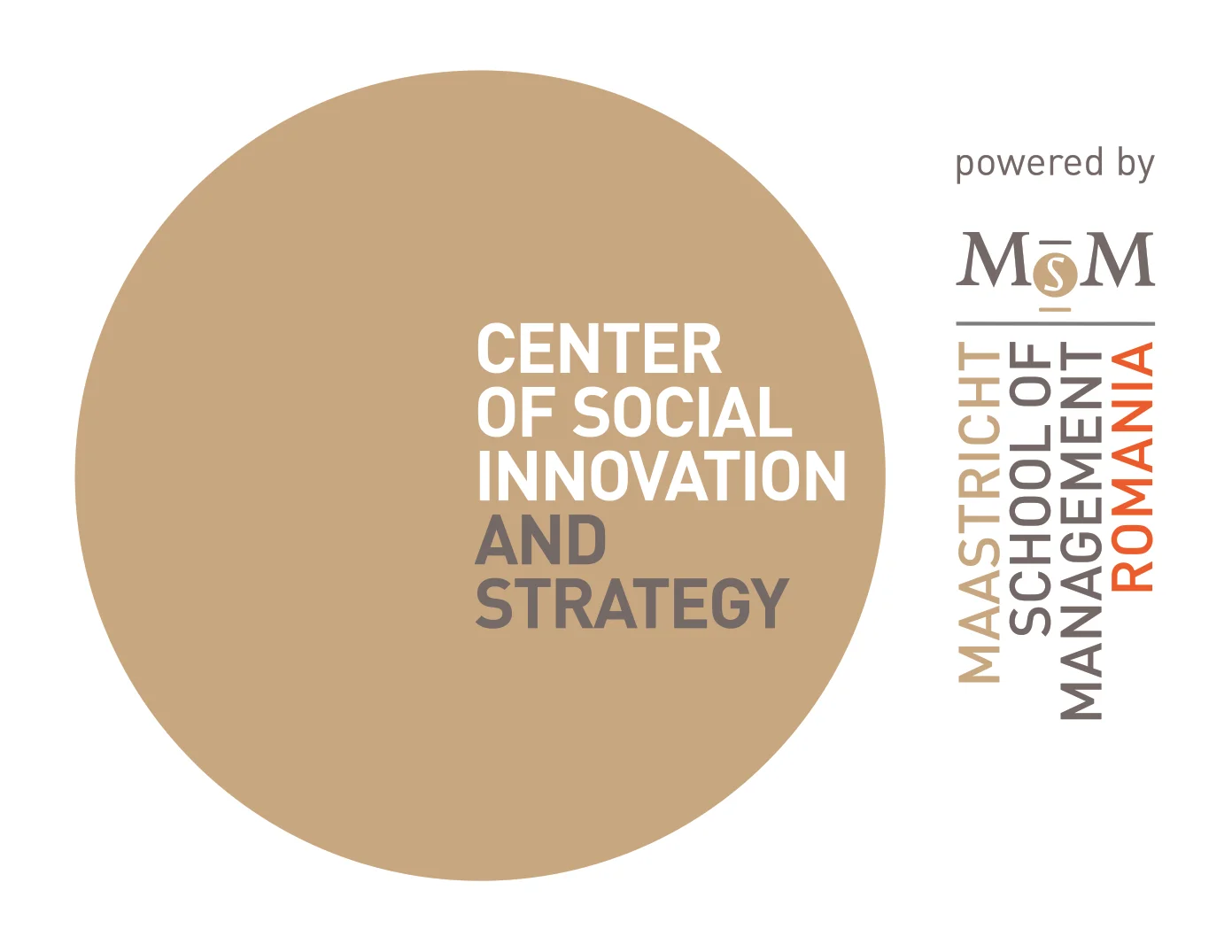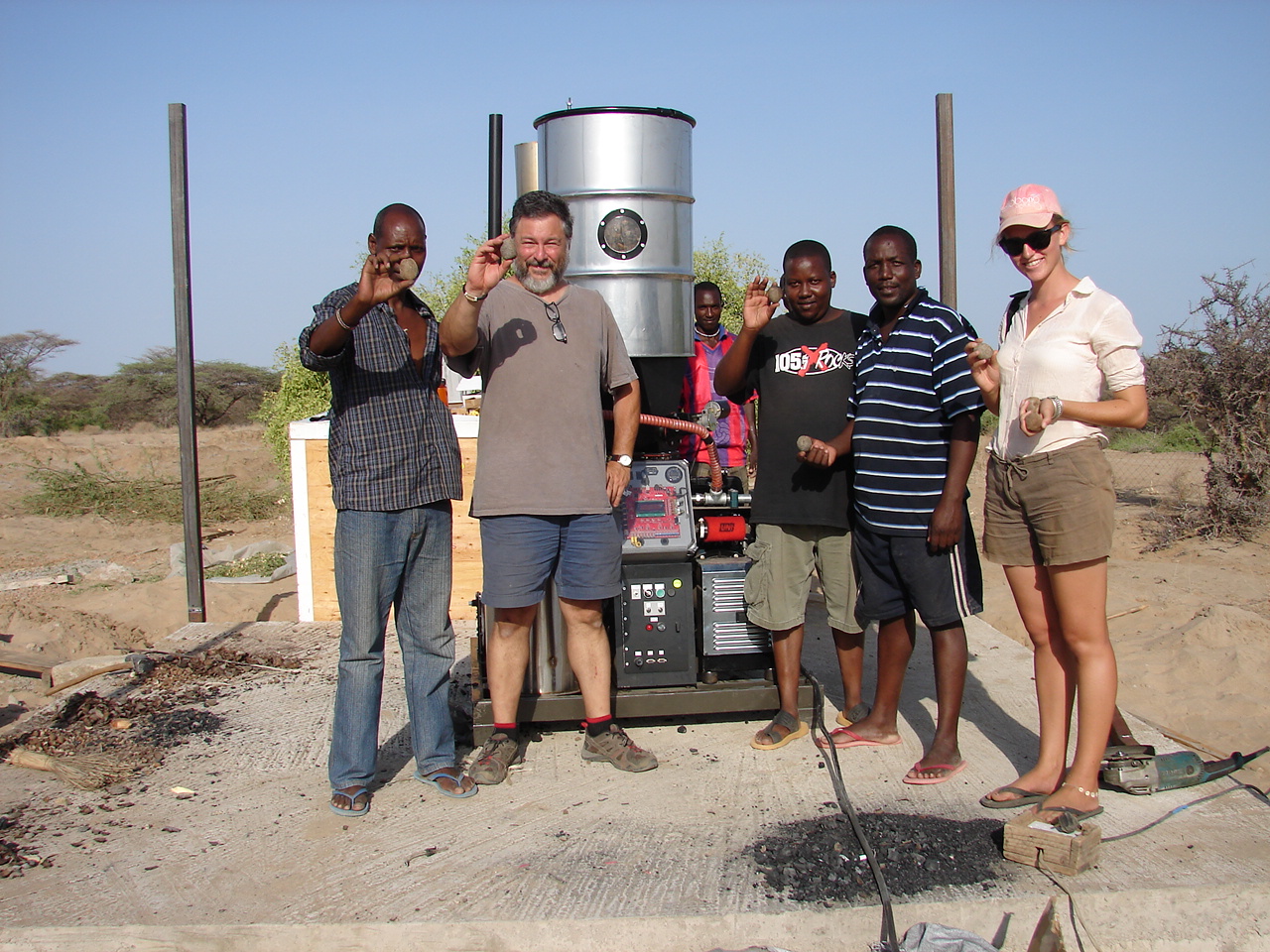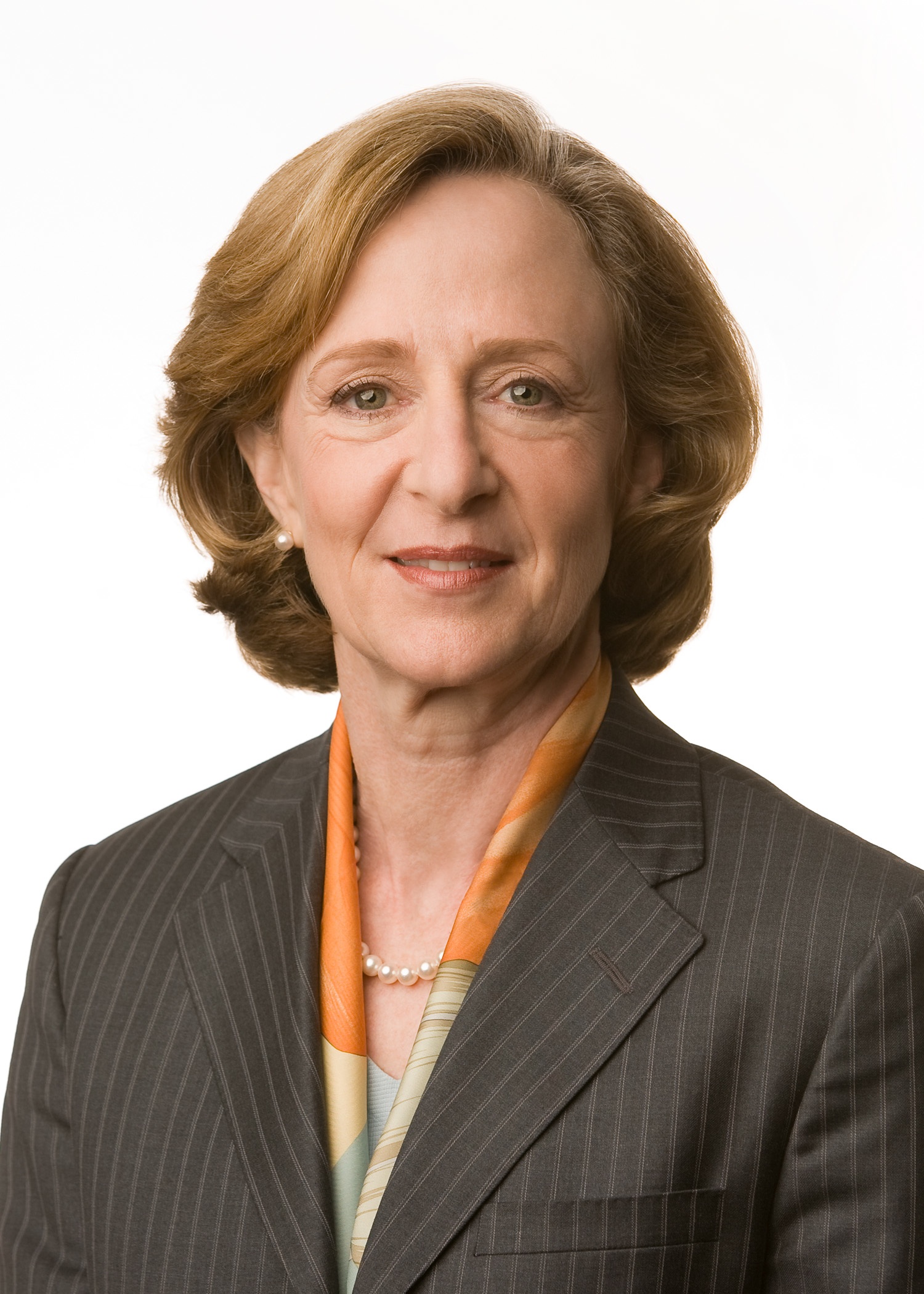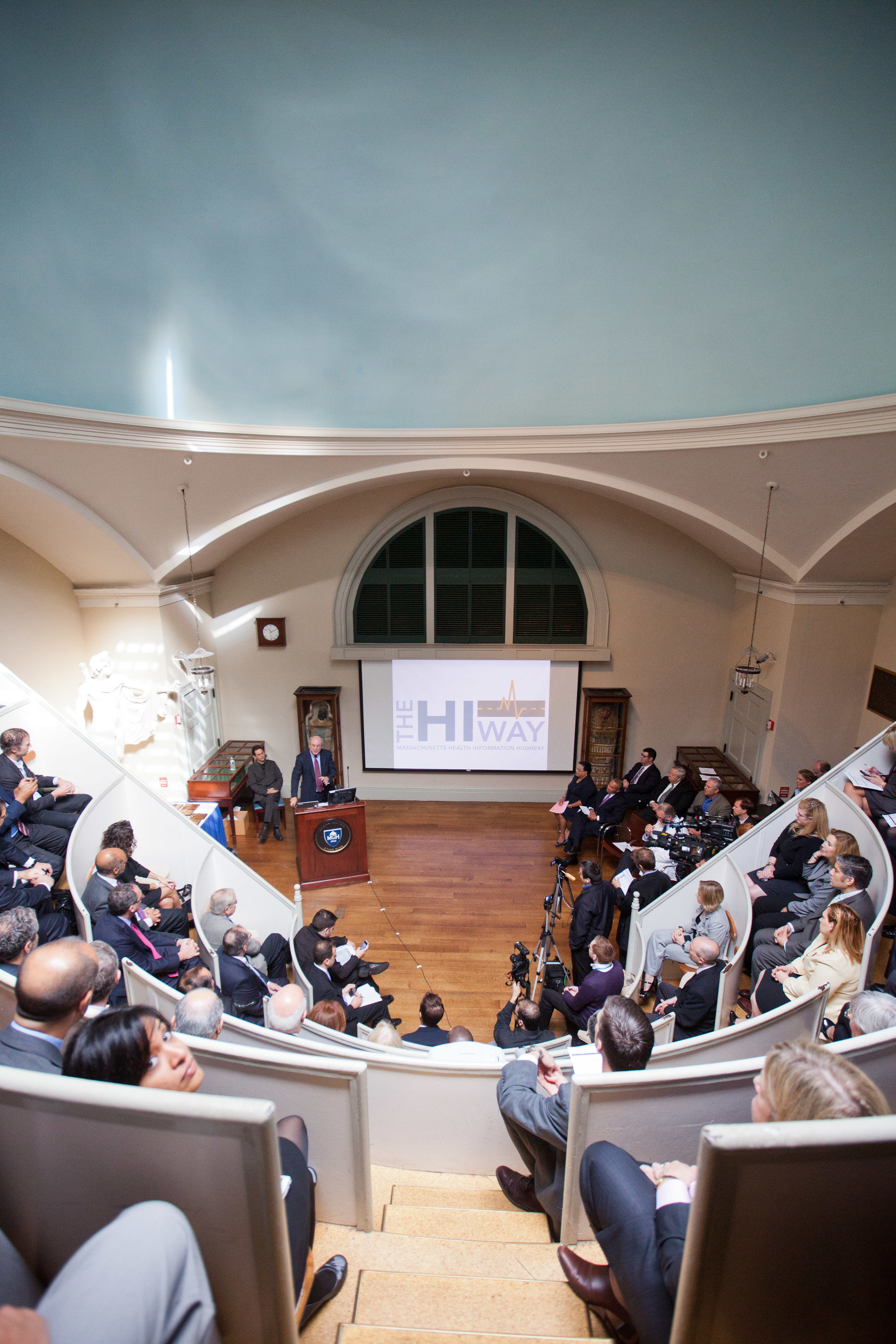Back in 2010 ICOSA highlighted the work of ARZU Studio Hope, a “for benefit” organization that provides sustainable incomes to Afghani women by sourcing and selling the rugs they weave. The organization continues to prove its concept out and capture market share here in the United States I had the distinct pleasure of talking one-on-one with Connie Duckworth, ARZU’s CEO, about her leadership style, how business plays a role in peace, and how pursuing your passion can change your life.
ICOSA: What are some of the foundations that you can share with readers whereby they can “achieve their dreams and execute on their passions in business?”
DUCKWORTH: The key is to link dreams with execution. All of us possess some sort of innate personal passion, and it can take any form—gardening, literature, children, entrepreneurship. Businesspeople understand the importance of moving beyond the idea to execution and getting the job done. But often, we focus on the “thinking part,” and yet hesitate when it comes to the “doing part.” Taking that first step really matters; be willing to leap toward your passion. Whether or not you earn your living from it, pursuing your passion makes you rich in psychic income. It challenges the intellect; it keeps you fresh, engaged and excited.
ICOSA: You’ve been part of the good old boys’ network, and now you are one of the leaders of the “old girls’ network” — How are you doing that? What advice do you have for leaders/entrepreneurs trying to engage in the “girls’ network?”
DUCKWORTH: No one should underestimate the power of networks. While networking has become somewhat of a standard phrase, what it really means is connecting with other people—building relationships at different levels with a broad array of different kinds of people. Younger people often say “I don’t know anybody.” But, I urge them to think about where they intersect with other people through their day-to-day activities—through school, an early job, a neighborhood. Having a genuine interest in other people is important because that’s the seed of developing relationships, and it’s how you find mentors. Mentorship is not a one-way street. It’s about the mentee and the mentor, each identifying and engaging around some element they find interesting in the other person. Often for the mentor, it’s the enjoyment of sharing wisdom learned through long experience, and helping a young person skip some of the mistakes that one might have made. But it is equally important for the mentee to offer benefit to the mentor, like expertise with technology or social media. I get so much help from younger people relative to technology; it’s a trump card that every young person can bring to the table.
Networks are really built from individual relationships of different depths—whether close personal relationships, or more casual professional ones. The point is to identify and reach out to people who can become natural resources as you execute your business or pursue your passion. But, relationships require time. They require effort. It’s a two-way street.
ICOSA: What prompted you to start ARZU Studio Hope? Why Afghanistan?
DUCKWORTH: The Afghanistan part was serendipitous. I’ve always had a passion for women’s rights, particularly their economic empowerment. Shortly after I retired, a friend from the Committee of 200 (an international organization of the world’s most successful women entrepreneurs and corporate leaders) phoned to say that she had put my name in for something, and that I might get a call. The State Department was forming a bipartisan commission for Afghan women and was looking for a business representative. She had told them, “Call Connie Duckworth—she just retired, has a lot of time, and is really into these women’s things.” So I joined the U.S.-Afghan Women’s Council. We were initially a small group of people from different fields—business, education, health care, civil society and philanthropy. Since I see world through a business lens, I naturally thought about what I could do to create jobs for women in Afghanistan.
At first I went down a couple of blind alleys—but then backed into rugs as just about the only culturally acceptable paid work for woman that needed relatively little infrastructure. Plus, weaving had been ongoing even throughout the Taliban reign. The big challenge of starting with rugs in 2003-2004 was reconstructing a supply chain that provided the highest quality of materials, the highest quality of labor, quality assurance, all in a distributed manufacturing setting in individual homes—and linking this manufacturing process with the design tastes of the American public. A woman in rural Afghanistan, who cannot point to America on a map, really could not possibly know what will sell in the United States. So, the first steps were to connect with advisers in the design community, who could help inform about market preferences from product perspective, and then iterating to create internationally competitive products that would sell.
I was really trying to find the most labor-intensive industry that could employ women immediately. Since the rug industry employs nearly six million people in some way—from “sheep to shop”—we decided that producing fine carpets for export was the way to go.
The U.S.-Afghan Women’s Council celebrated its tenth anniversary earlier this year and is now permanently housed at Georgetown University. It has been bipartisan since day one and has about 75 members. The council continues to grow with leaders from entrepreneurial enterprises and corporations who are lending their support to make sure that women have an improving role in Afghanistan. Everyone on the council is there because they want to improve the circumstances of Afghan women. So, the council has become yet another network of people, in this case with a shared passion about helping women in Afghanistan.
ICOSA: What were some of the barriers to getting ARZU off the ground with an exportable product?
DUCKWORTH: What you don’t know going in sometimes is a blessing in disguise. If I actually had a sense of all the barriers and how long this would take to do, I sometimes wonder if I would really have taken the plunge. I laugh at myself now, realizing that it was good that I didn’t understand all of the challenges. One of the first major hurdles was how to create a real export product with talented artisans but no supply chain. The challenges we faced both on the “front-end” of developing trusted relationships in rural villages, as well as on the “back-end” logistics of getting a product to market, were daunting.
First, the cultural hurdles manifest themselves in a couple of ways. This is a very distinct culture, with a long and proud history, but women have a very subservient role in Afghanistan in this gender-segregated society. Recognizing roadblocks from the outset, then figuring out how to remove them, or how to go around, under or over an obstacle is key to working effectively within this societal framework. In Afghanistan, there are no quick fixes. Change will be generational.
We began by reaching out to the male head of household to co-opt men first into our approach—fair labor, child labor-free, requirements for education. With their approval, then we were able to reach the women. Identifying and respecting cultural protocols at the village level is critical to engaging and maintaining a happy workforce. We have overcome many cultural barriers because of an early decision to work through an all-local Afghan staff. These 52 people are really our interpreters—not just in language. Each of our team—supervisors, teachers, health workers and gardeners—helps us frame the way we roll out projects, and the way we interact, not only with the weavers and their families, but also with local village councils; provincial politicians; and the community at-large, which is very supportive of ARZU’s work. Hiring local people and having them “weave” us into the fabric of the community has, importantly, added a layer of security to the situation. ARZU has never had formal security—guys with guns—because of our conscious decision to culturally interact with local people with local staff. This approach has allowed us to continue to expand and execute both our most ambitious products and social programs at a time when most organizations—large and small—get locked down in the Green Zone. The decision to hire an all-local team has paid our most significant dividends.
On the back-end, it is extremely difficult to work commercially in a country with effectively no commercial shipping. It’s difficult to work in a country where the rule of law is still being developed. And, as in so many emerging markets, there is widespread corruption, often in low-level government offices. All of these challenges have to be gone over, under or around. The logistics are not unimportant—they are simply a whole set of different challenges.
ICOSA: Describe some of the collaborative efforts that have made ARZU so successful.
DUCKWORTH: With all the challenges I just described in Afghanistan, I had assumed that the hard part of creating a fully self-sustaining social business would be tackling and solving this whole conundrum on the ground in Afghanistan. Interestingly, we have figured out how to work effectively on the ground, and ARZU is often held up as a model organization. ARZU projects are often a stop on the VIP tours, and people are astonished at how we are able to execute our model in these communities. For example, Bamyan Governor Sarabi—the country’s only woman governor—asked for ARZU’s assistance two years ago to build a “central park” in front of the new provincial buildings. We first had to source project funding and applied to the Japanese government through its Embassy in Afghanistan. Japan has been very involved in the archaeology in the area, particularly the Bamyan Buddhas. Construction began early this summer, and it’s remarkable what’s been accomplished in one season—the entire perimeter is attractively fenced with stone and wrought iron; there are flowers, grass, walking paths and a band shell for performances and public discourse. Even with the park still under construction, it was the venue for Afghanistan’s vice president to publicly address a crowd of a thousand residents on his recent visit to the province. Previously, there was simply no place the event could have happened.
Our biggest challenge, and the last piece of the puzzle to creating a sustainable social business, has been raising brand awareness in order to co-opt the residential design and commercial design communities and the end client—conscious consumers and socially responsible corporations. We find great acceptance of our “product with purpose.” The practical reality is that as a small nonprofit, we have no PR, marketing or advertising budget. We must build our brand organically, through word-of-mouth, and get the story out through a combination of social media and editorial press.
Ironically, despite all of the challenges on the ground in Afghanistan, the quirkiest part of the puzzle is how you get broad enough distribution and acceleration of sales to get ARZU’s economic model to cash flow. Collaboration with the design community is key, as exemplified by Steelcase, a global leader in the commercial furniture industry. In 2009, Designtex, one of the Steelcase companies, commissioned some 50 modern pieces they had designed. This collection went on to win two awards—Editor’s Choice and Special Innovation at NeoCon, the world’s largest commercial furniture trade show. Further, Interior Design magazine, the Bible of the commercial design world, named ARZU STUDIO HOPE + Designtex “Common Threads” collection “Best of 2009” in the rug category. This success really whet our appetite to go after this commercial market, and we repositioned our supply chain to enable this approach. Fast forward to 2012; the World Bank selected this ARZU/Steelcase collaboration as the subject of its first published case study about innovations and working with the poor. Collaborating with us again this fall, Steelcase held a series of competitions for architects and commercial designers in six markets—Atlanta, Dallas, Los Angeles, Phoenix, San Francisco and Toronto—to create original rug patterns that would be judged on design as well as global messaging inspired by ARZU’s mission. It is a wonderful example of the triangulation between Steelcase, who hosted the event; the professional design community, whose creativity flowed outside of normal client constraints; and ARZU. These competitions provided us an enormous platform to share the ARZU story with those who are both interested in and positioned to work with corporate clients. And winning submissions will form a new collection called the Designer’s Series. It was amazing, unfettered creativity, and a marvelous example of a win-win collaboration for everyone.
ICOSA: You’ve said, "The beauty of having a successful business is it gives you a wonderful economic platform from which to do good." What motivates you to be a conscious capitalist?
DUCKWORTH: I truly believe that it is the economy that drives peace among nations. I believe that good trading partners don’t kill each other. From a women’s rights perspective, women represent half of the world, and in too many places, human capital is not being unlocked. We know that when women are empowered economically, when they can have a job, human potential is unlocked.
Business is the pathway to peace. It’s a pathway to unlocking human capital. It’s a good thing. Too often business is vilified as the root of all evil when, quite frankly, I think it is the exact opposite. When you think about the Arab Spring, the young people weren’t initially surging into the streets demanding an education; they were surging into the streets because they had no chance for a job. And that’s what they wanted.
It is this bigger picture that motivates me. I want ARZU to become profitable. If this social business model can work in Afghanistan, it can work anywhere. Thompson Reuters Foundation reported in their 2011 survey that Afghanistan is the world’s worst place to be a woman—that beats out Congo, and that beats out Darfur. Grassroots economic development is essential to job creation, whether it’s here, or in the middle of a war zone.
ICOSA: What has been the impact of ARZU—both here and abroad?
DUCKWORTH: ARZU has been transformational in the lives of these women! We’ve consolidated all of our efforts into Bamyan Province, allowing us economies of scale, which helps on the cost side. But because we’ve been the steady state in these villages, we see the impact of education and the impact of the economic empowerment for women and what it means for these families and the status of the women in the household. Because these women are typically the sole source of income, their status has risen in the household—they’re treated with greater respect, their voices are heard, they’re literate, they have more control over their children’s lives, and their children are in school. ARZU prioritizes jobs for vulnerable widows, who comprise about 20 percent of our weavers, and are viewed as just an extra mouth to feed. Fatima, an ARZU weaver since 2005, is a great example. She returned to Bamyan with her seven children from a refugee camp, began working for another producer, but wasn’t making enough money to feed her children. Since coming to work for ARZU, not only has she attained literacy, she has built a three-room house with a kitchen, all of her children are in school—her oldest son is enrolled in Kabul University, and her 16-year-old daughter, Jamilla, likes to talk on her cell phone.
One of the great lessons I’ve learned through this whole process is that at their core, people are pretty much the same—everywhere. There is so much more that unites us than divides us. People want their children to be safe, healthy, educated and to have a better future. Having a job is what provides the means to accomplish these things. This is as true in Afghanistan as it is on the South Side of Chicago.
The U.S. recession over the last four years has slowed our progress toward profitability. While last year the rug industry in Afghanistan was down roughly 75 percent, ARZU has been steadily growing at about 10 percent per year since 2009. But we still must become profitable because it proves out the social business model: that a consumer, whether a socially responsible corporation or a socially conscious individual, will actively choose product with purpose over comparable product without these benefits associated with it. That’s our premise; it’s pretty simple. It feels like we’re in a race against time to increase sales here.
From an impact perspective, ARZU is an excellent example of a start-up social business; I have been able to share the lessons I’ve learned in this process with others, including on my blog at The Huffington Post Social Impact section. I want to “open source” my learnings. If I can help others avoid pitfalls or be more informed going in than I was—that’s a good thing. From the consumer side, once people really do embrace this idea of product with purpose—they’re converts. The immense scale of intractable global problems, like poverty alleviation, makes it really hard for people to wrap their minds around them. Often people feel overwhelmed and think they can’t possibly do anything to help. But, actually they can! You can lead with your pocketbook. When people understand that the act of making a conscious choice can and does result in direct transformational change, it’s empowering. In fact, I think ARZU is almost as empowering for the consumer side as it for the women weavers in Afghanistan.
ICOSA: What’s next for you and ARZU?
Duckworth: First, we have to increase sales and become profitable. To me, any socially responsible company building a new building or remodeling offices needs ARZU rugs. Their making this conscious choice will get us to profitability. Phase two of this ARZU experiment—this learning laboratory for social business innovation—is really about how we migrate to an ongoing enterprise, not dependent on me running the day-to-day operations. It’s the classic transition from founder to professional management. It’s the natural progression of growth and succession planning that must occur. We are considering opportunities to create alternative revenue streams by partnering with for-profit businesses interested in potentially leveraging certain aspects of ARZU’s capabilities —like licensing our designs or utilizing our child labor-free production capacity.
ICOSA: What are the most important lessons you’ve learned?
Duckworth: Anyone thinking about becoming a social entrepreneur needs to understand that it is going to take just as much time and effort as starting any kind of business. You will think about this 24 hours a day, 7 days a week.
Most importantly, to pursue your passion—you have to just start! Each of us has the ability to impact social change—not just by buying a product with purpose. It’s our responsibility as citizens of the world to activate this capability and to engage. If each one of us did what we are capable of doing in our own community—local, international, small, big, it doesn’t matter—there would be this tsunami of social change that would benefit everyone.












![YP w crew holding Doum Plam fruit[2]](http://www.icosa.co/magazine/wp-content/uploads/2013/01/YP-w-crew-holding-Doum-Plam-fruit2.jpg)















![photoJakarta[7]](http://www.icosa.co/magazine/wp-content/uploads/2013/01/photoJakarta7-300x176.jpg)
